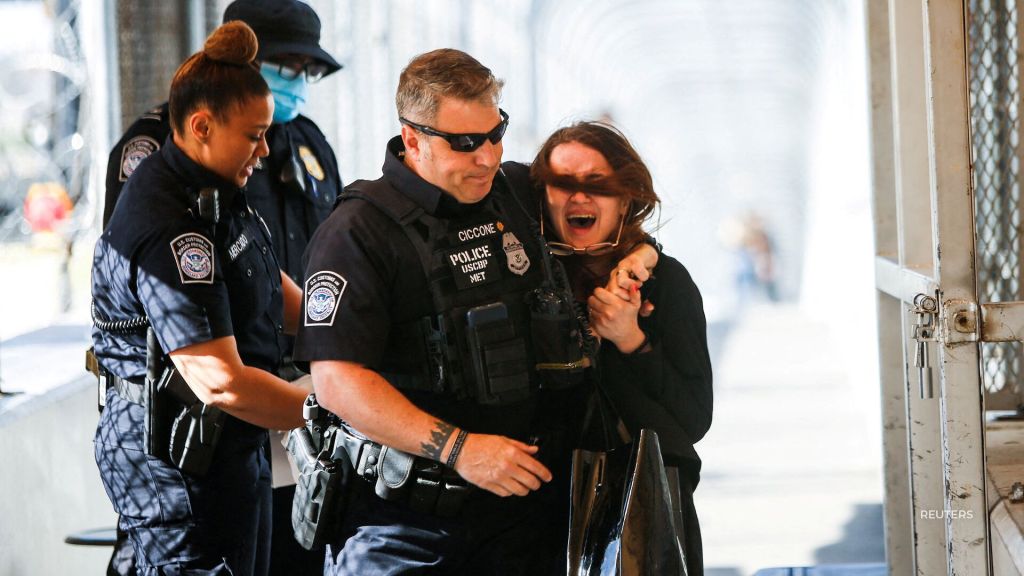Democratic New York City Mayor Eric Adams’ plan to house some 2,200 single migrant men at a shelter in the Bronx is drawing criticism from residents as well as Rep. Ritchie Torres, D-N.Y. Torres condemned the decision to place the shelter in a reportedly crime and drug-ridden area of the Bronx dubbed “The Hub.”
Torres told Fox News Digital on Wednesday, Jan. 15, “Instead of decisively dismantling open-air drug markets in ‘The Hub,’ the city is treating the South Bronx as a dumping ground for an endless stream of shelters.” Torres added, “We are treated as the second-class borough of New York City.”
Residents also told the New York Post that they are concerned with the city’s migrant shelter plan.
“We here, we can’t even get funding for ourselves for housing, for jobs, and for everything else, but they’re going to get put into this one shelter,” Bronx resident, Serene Bilal, told the Post. “Are they going to get all these fundings that we’re not getting? Are these housings that we’re not getting? All these new affordable houses, I think, built out there in the Bronx. Are they for us or for them?”
Adams’ office responded to Torres’ criticism, noting that despite the new shelter opening, the city plans to close 46 migrant shelters across New York City.
A spokesperson for Adams said the South Bronx shelter is temporary, but could not specify the length of time it would be used for migrant housing. She said that will be dependent on the next migrant census taken by the city.
The move comes as the number of migrants traveling to New York City is reportedly decreasing, and the number of asylum-seekers being housed in the Big Apple is at its lowest level in 18 months.
Adams said the shuttering of migrant shelters is meant to “save taxpayer money” and “turn the page on this unprecedented humanitarian crisis.”
However, many in the Bronx are wondering why the city chose the impoverished neighborhood as a location for the new shelter. Mayor Adams’ office contends it is looking at migrant housing through a “holistic lens,” not by individual community.
Costs to renovate the former office building where the shelter will be located may reportedly reach up to $340,000.

